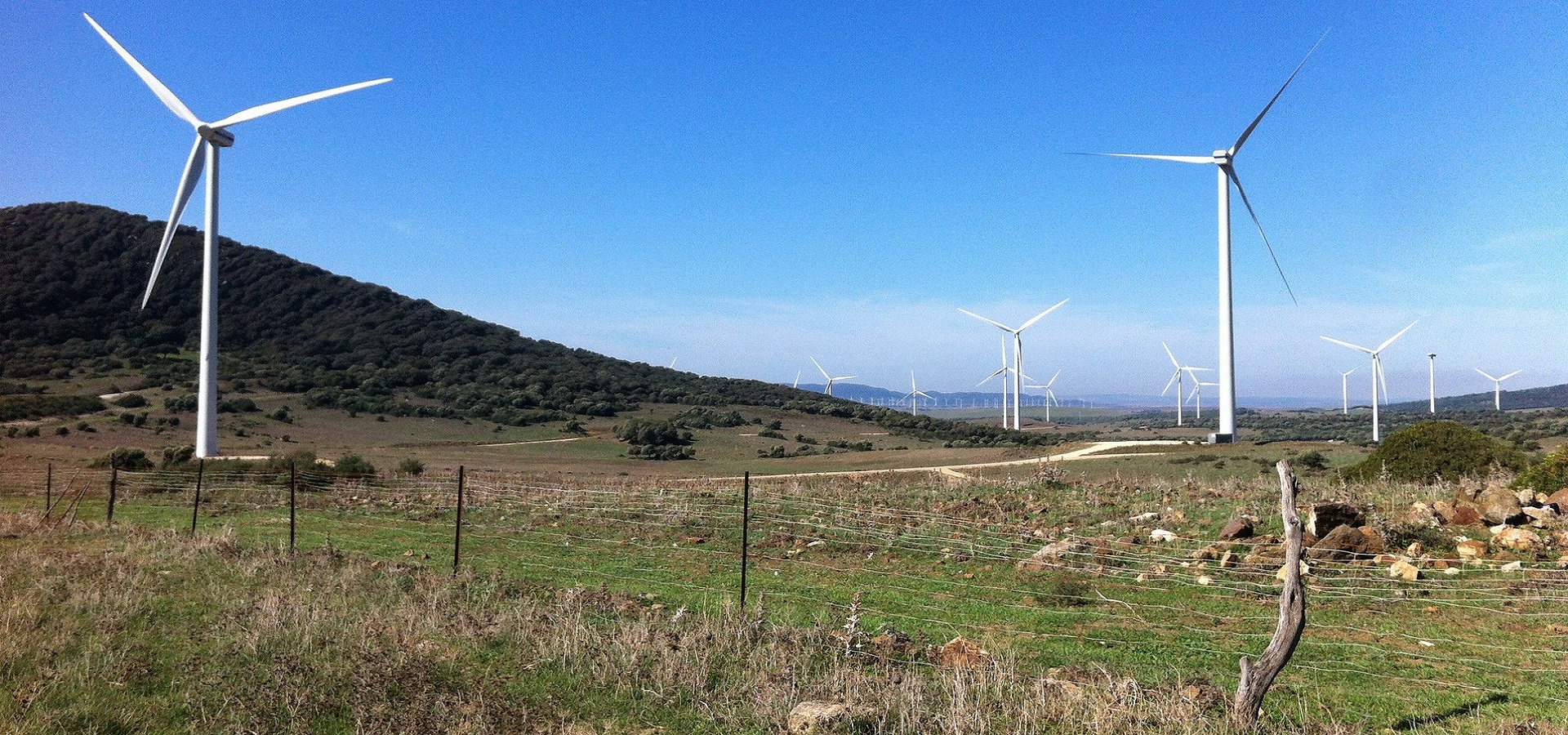Ambitious draft climate law would immediately ban new oil, gas and coal projects and end subsidies for fossil fuels. Michael Holder reports for BusinessGreen.com
Spain’s cabinet has today approved an ambitious draft climate law targeting net zero emissions “no later than” 2050, which it estimates will generate over €200bn investment, create up to 350,000 new jobs, and boost the country’s economic growth by 1.8 per cent over the next decade.
The draft law, which parliament must still approve, follows the Spanish government’s declaration of a climate emergency earlier this year. The government hopes the enshrine the legislation in statute by the end of the year, enabling the delivery of a sweeping set of plans to rapidly decarbonise the country’s economy.
Once approved, the law would ban all new coal, oil and gas extraction projects with immediate effect, as well as end direct fossil fuel subsidies, while setting a course for a 100 per cent renewable electricity system by 2050.
All new road vehicles would also need to be zero emission by 2040, with the draft law including measures to implement low emission zones in urban areas and facilitate walking, cycling, and greater use of public transport.
Following a similar model to that of the UK’s Committee on Climate Change, Spain’s climate law seeks to establish an expert advisory committee to make policy recommendations, coordinate regional activity, and evaluate progress against the 2050 net zero goal.
It also sets out interim targets for 2030 to reduce emissions by 23 per cent from 1990 levels, double the percentage of renewables to 35-42 per cent, ensure electricity generation is at least 70 per cent renewable, and harness energy efficiency improvements to cut overall energy consumption by 35 per cent.
“This text puts the fight against climate change and the energy transition at the heart of the actions of public administrations,” said Spain’s Minister for Ecological Transition and Demographic Challenge, Teresa Ribera. “It is our project as a country, and one that takes responsibility for our present, our health, our quality of life, our model of prosperity and, above all, our future.”
The Spanish government said its strategy for building a net zero economy by 2050 put it in line with the goals of the Paris Agreement, as well as the EU Green Deal proposed by the European Commission, which would see Europe become the world’s first net zero continent by 2050.
The draft legislation has also sought to take account of the widespread disruption wrought by the global Covid-19 pandemic, and proposes a new Committee for Reconstruction which would assess and decide on state bailout packages for struggling industries, including the country’s large car manufacturing sector.
Ribera indicated that Spain’s efforts to drive the coronavirus recovery would take climate change and the shift to a net zero economy into account.
“At a time when we must address the recovery process in view of Covid-19, the energy transition will be a driving force to generate economic activity and jobs in the short term, and do so in a way that is coherent with what we need as a country in the medium and long term,” she said. “We have identified goals and mechanisms; we have designed a robust plan; we are certain that the energy transition will have a positive impact on our economy and wellbeing; and we know this can come to fruition immediately. This draft bill will at last provide us with an institutional framework for the action we are being called upon to take by science and citizens, and comes at a time when it is more necessary than ever.”
Michael Holder is authors for BusinessGreen.com and write about climate and energy.
This article has been republished from BusinessGreen.
